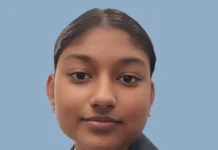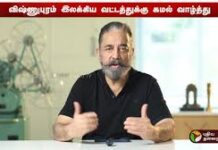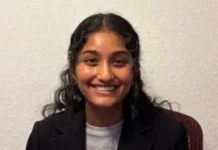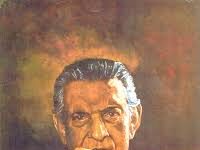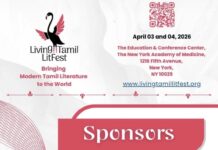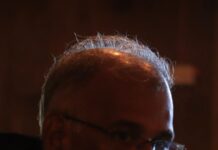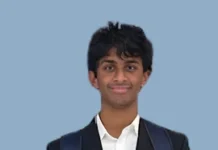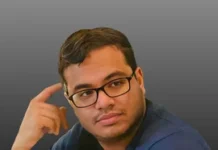Dear Jeyamohan,
In today’s environment, it is rare to encounter someone who speaks fluently. This is largely because most people do not engage in reading. Conversations with those who do not read for extended periods can become dull. When interacting with friends and acquaintances, discussions rarely extend beyond simple jokes, often revolving around everyday topics like politics, cinema, and food habits. If we fail to cultivate an intellectual circle for ourselves, we risk becoming ordinary over time.
Even the speeches delivered by speakers on stage, including those of high-ranking officials in multinational companies, often lack intellectual depth. Many speakers believe their presentations are successful simply because they can make the audience laugh. Despite the number of people gathered to hear them, these speakers often present their ideas without any consideration for whether they have thoroughly read their material or attempted to provoke deeper thought. Ideally, the subject of a speech should not exceed ten minutes; otherwise, the remaining time tends to be wasted.
Taking a subject and moving it at will is not true thinking; it is merely musing—a random association of thoughts. Thinking can be the exact opposite. Since your first class, I have observed that without the ability to closely observe, read, and engage in practice, thinking does not come easily. I regard the seven-minute speech at Sat Darshan and the stage lectures at Vellimalai as valuable training sessions for developing thought. I notice a rhythm in your speech as you naturally walk in the evening. It has become clear to me that speaking and thinking passionately requires considerable time and effort.
The reason thinking did not occur in the earlier classes, even though everyone could read continuously, was that our schooling had not exposed us to this process. However, I gradually discovered that engaging in discussions during the subsequent Indian philosophy classes—particularly the exchanges between Sangiyam and Vedanta, as well as Sangiyam and Nyaya Vaisesikam—enabled me to begin thinking critically, almost in spite of my initial resistance. It was a joy to experience what felt like a large rock inside my skull slowly starting to shift.
There is no substitute for genuine thought. True education is measured by the effort we invest and the fulfillment we seek. The classes you have been conducting weekly at Vellimalai, which open up new possibilities and provide an alternative education with great dedication, are truly valuable for young people like me. I extend my gratitude to you and your friends for creating a gateway to such authentic education.
With love,
Ashok
